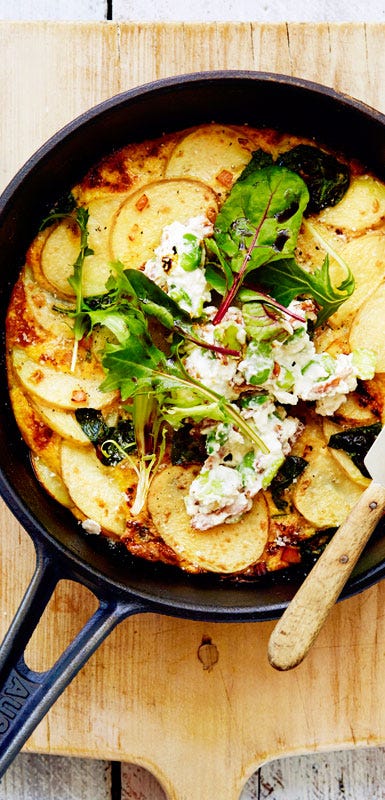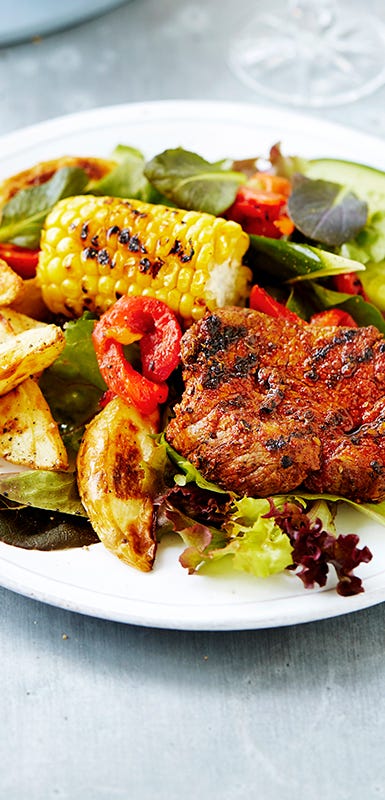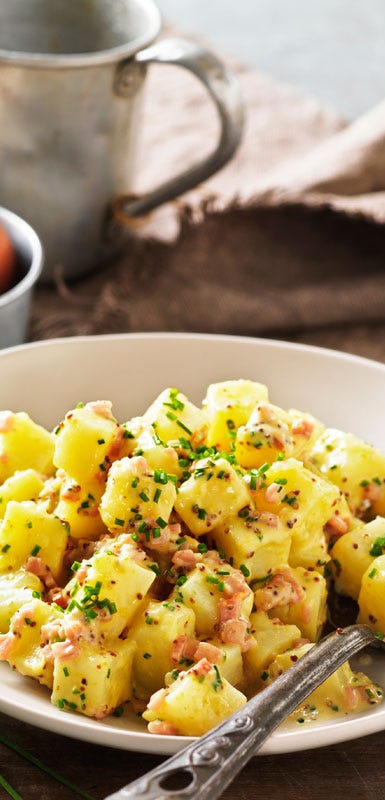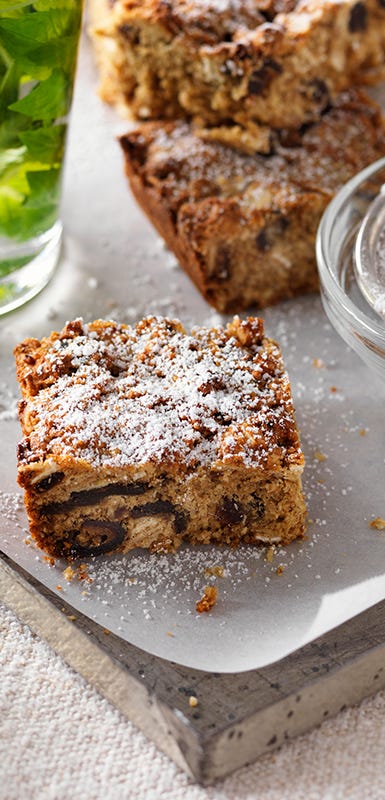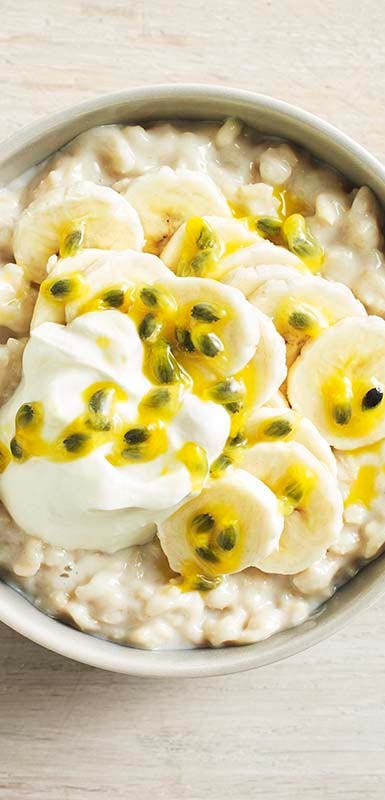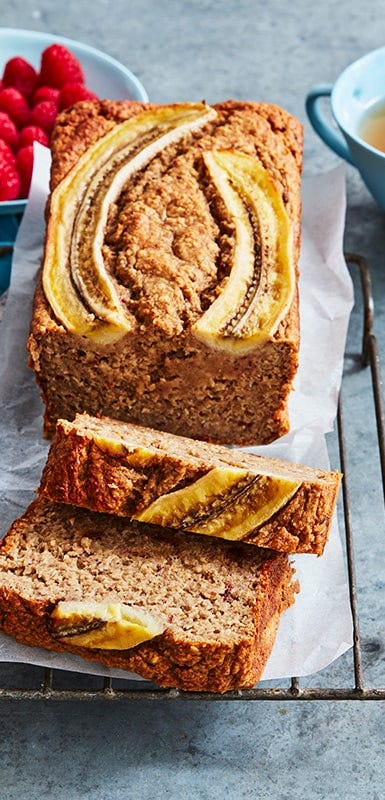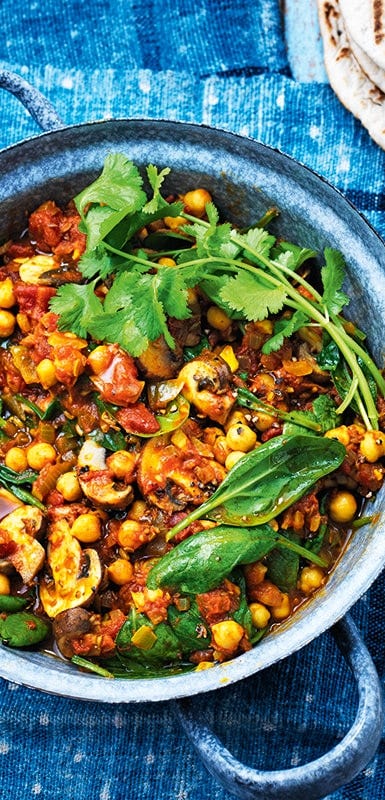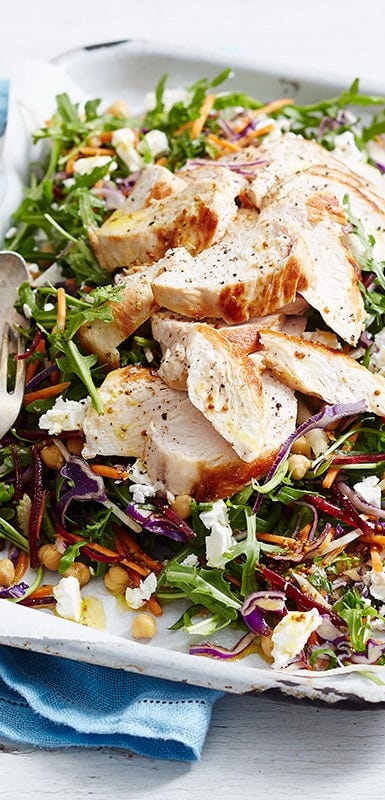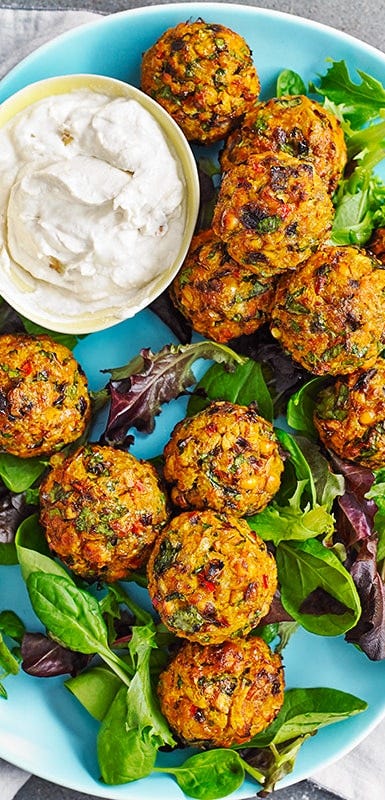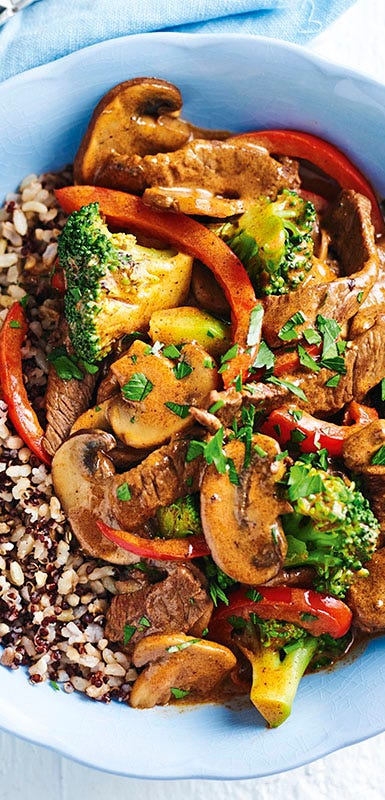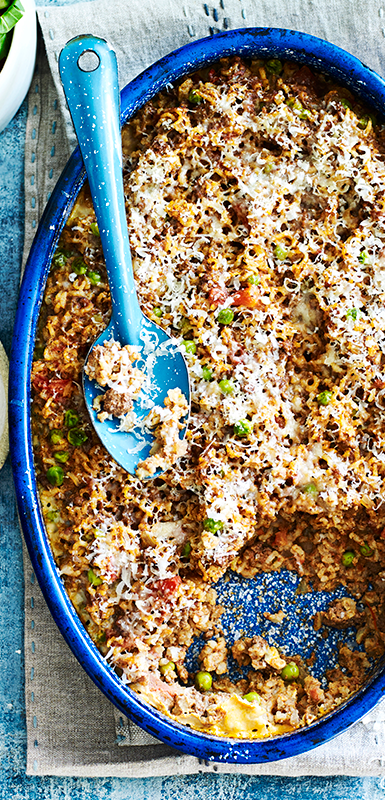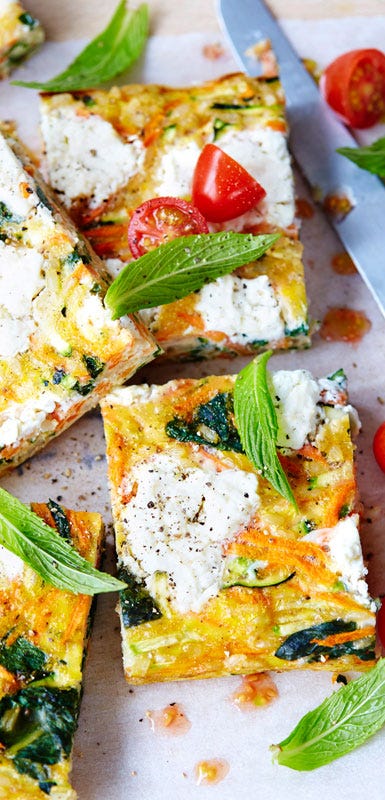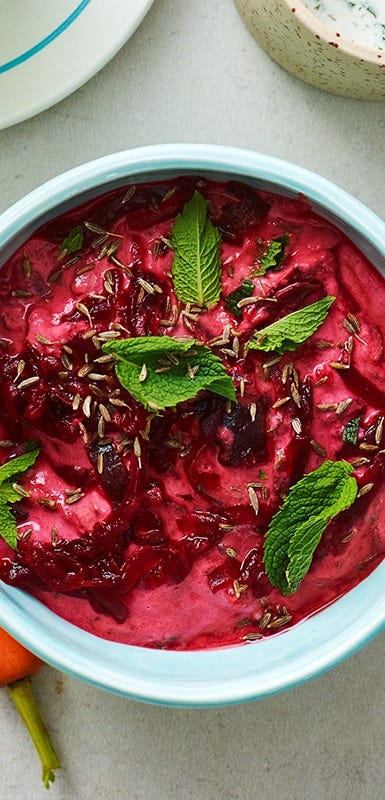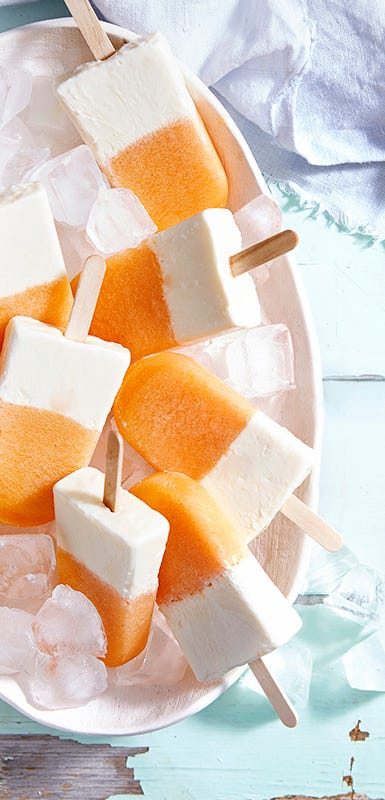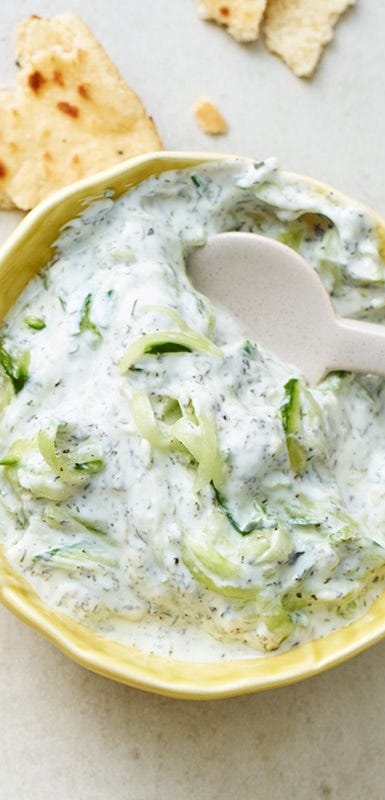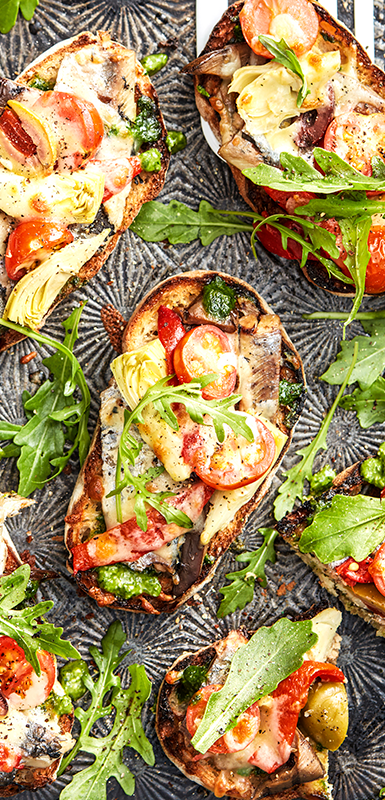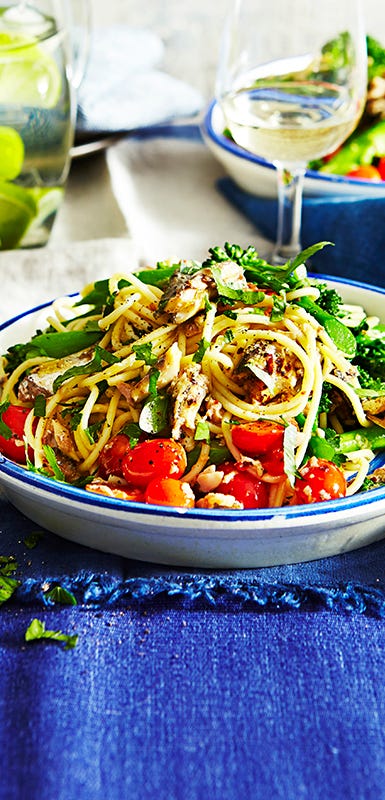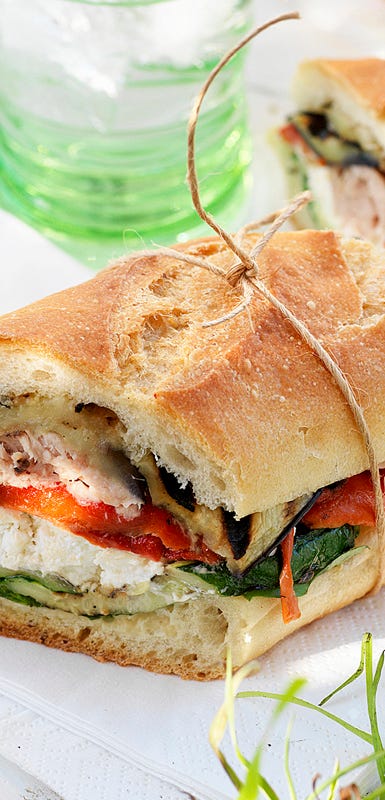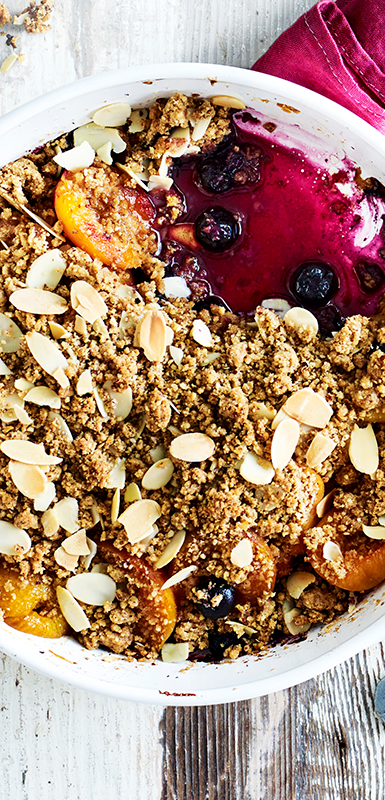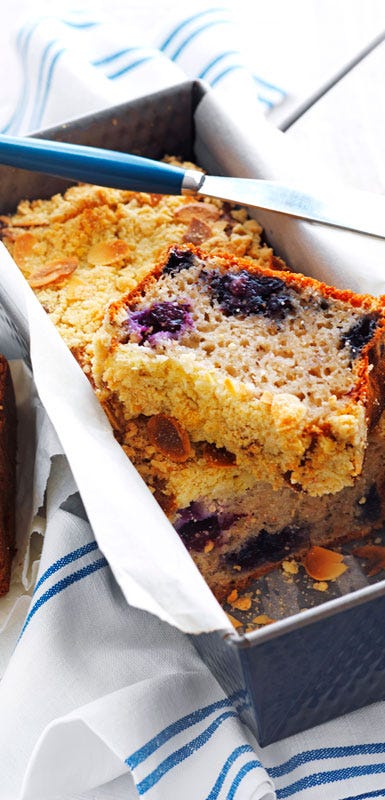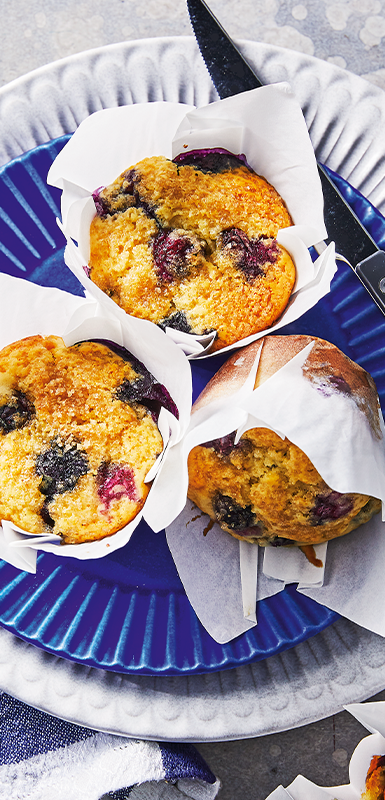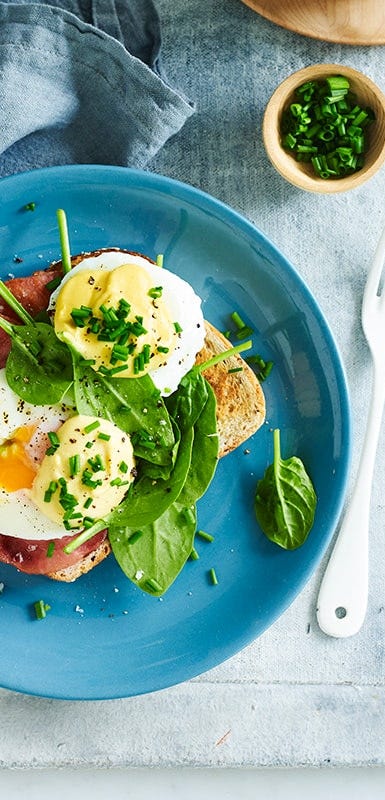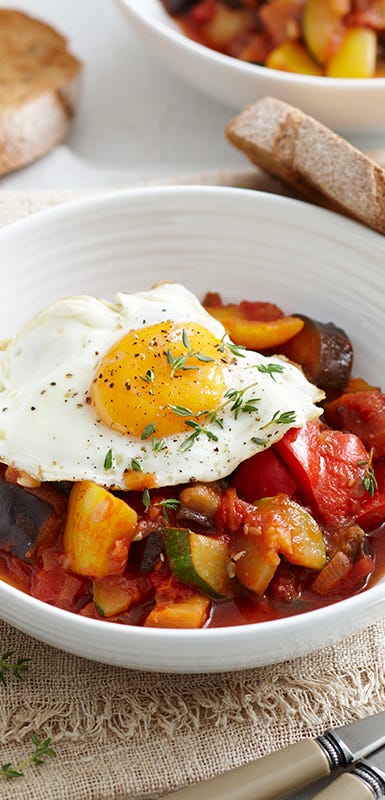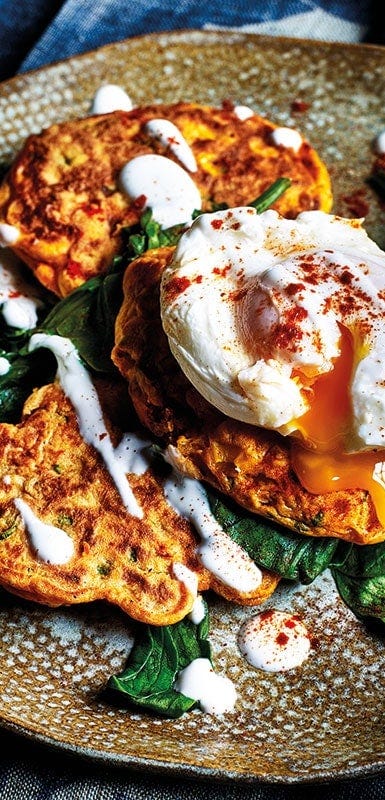8 healthy budget foods
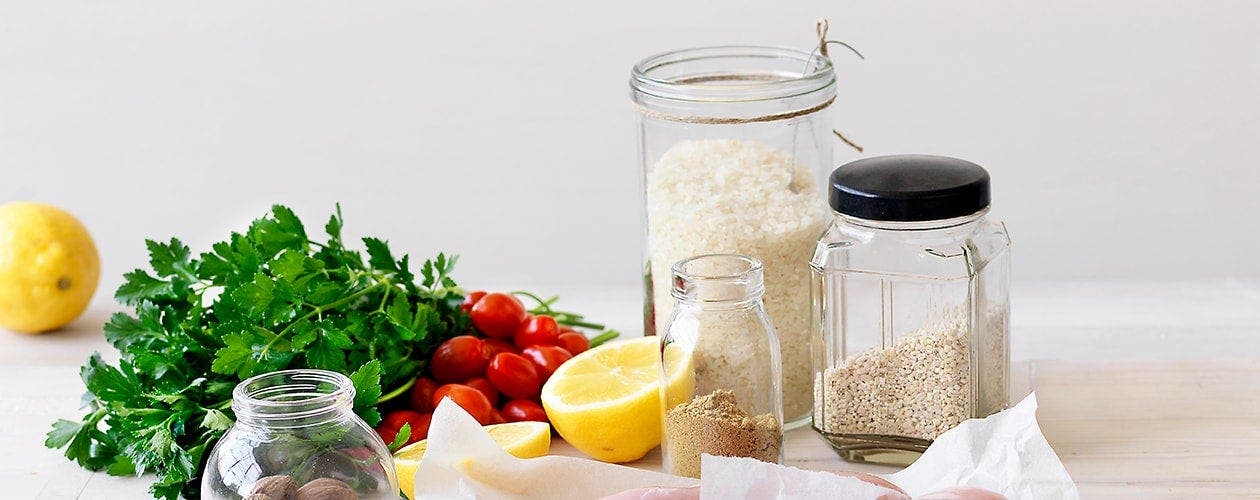

Cheap and healthy grocery must haves
1. Potatoes
You already know: Potatoes are a good source of potassium and fibre.
Surprise! There is such a thing as low-GI potatoes. Called Carisma potatoes, University of Sydney research found this lower-GI potato variety gives you longer-lasting energy and fullness compared to some other varieties. Potatoes are a good source of vitamin C, too.
WeightWatchers® expert idea: Boil chopped potatoes then combine with 99% fat-free Greek-style yoghurt, chopped fresh chives and finely chopped red onion to make a creamy potato salad.
2. Traditional rolled oats
You already know: Oats are rich in soluble fibre to help lower cholesterol.
Surprise! They’re a real hunger buster. Rolled oats provide low-GI carbs and protein to bust hunger and boost energy.
WW expert idea: Add two to three tablespoons of rolled oats to meatballs, burger patties, rissoles or meatloaf instead of breadcrumbs. You can also try including two or three tablespoons of rolled oats in soups and casseroles to thicken slightly.
3. Canned chickpeas
You already know: Chickpeas are high in fibre and protein.
Surprise! Just 75g of chickpeas counts as one of your five serves of veg for the day. Research also shows a high legume intake can lengthen your life. A seven-year study, spanning Australia, Sweden, Japan and Indonesia found that for every 20g increase in daily legume intake, there was a seven to eight per cent reduction in mortality risk.
WW expert idea: Make your own hummus by blending 1 x 400g can of chickpeas, 1 tablespoon of lemon juice, 1 crushed clove of garlic, and 1 tablespoon of tahini (serves 8). Serve with wholemeal pita pockets filled with sliced cucumber, sliced tomato and shredded skinless barbecued chicken breast.
4. Brown rice
You already know: Brown rice provides vitamins, minerals and a greater amount of filling fibre compared to white rice.
Surprise! Eating brown rice can help with weight management. Brown rice is low-energy-dense, meaning it fills you up but is low in kilojoules. A six-year study showed that women who ate mainly low-energy-dense foods put on less weight over time than those who ate high-energy-dense foods.
WW expert idea: Try baked brown rice for breakfast. Place 1½ cups (300g) of brown rice in a baking dish and cover with 2½ cups (625ml) of boiling water. Cover tightly with foil and bake at 190°C until water has absorbed. Top with poached pears cooked with fresh ginger (serves 6).
Brown rice recipes
5. 99% fat-free plain yoghurt
You already know: Yoghurt is a winning way to boost your calcium intake.
Surprise! It’s one of the best foods to eat after exercise. With high-quality protein, yoghurt helps with post-workout muscle repair and recovery.
WW expert idea: Instead of cream or coconut milk, stir 99% fat-free plain yoghurt into curries, laksas and tagines.
99% fat-free plain yoghurt recipes
6. Canned sardines
You already know: Canned sardines are an excellent way to boost omega-3 fatty acid intake for a healthy heart, mind and mood.
Surprise! They’re one of the most calcium-rich foods. Canned sardines are more affordable and sustainable than putting fresh fish on the menu regularly, and a 90g serve of sardines gives you more calcium than a cup of milk.
WW expert idea: Whip up a Spanish-style tortilla by pan-frying sliced cooked potato, sardines, fresh tomato and parsley, then pouring over whisked eggs and cooking until set.
7. Frozen blueberries
You already know: Blueberries are high in antioxidants.
Surprise! Blueberries might be good for your brain. Blueberries are being studied for their ability to protect brain cells and decrease the risk of Alzheimer’s disease and depression.
WW expert idea: Cook 1 cup (150g) of blueberries and 1 medium apple, chopped, on the stovetop until soft. Top with ½ cup (45g) of rolled oats and 1 teaspoon of brown sugar and bake until golden (serves 4).
Frozen blueberry recipes
8. Free-range eggs
You already know Eggs are protein powerhouses: two large eggs provide almost a quarter of the daily RDI for protein.
Surprise! Eggs don’t cause high cholesterol. The Heart Foundation reports eggs have an insignificant effect on LDL, or ‘bad’ cholesterol levels, heart disease and stroke in most people. Eggs also provide vitamin D, zinc, folate and iron. Aim to eat about six eggs a week.
WW expert idea: Bake 2 eggs in a sauce made of tomatoes, capsicum, garlic, onion and red chilli flakes.
Tips for eating well on the cheap
Compare real cost
When trimming your food budget, it’s important to examine the real cost of the food you purchase. According to the Dietitians Association of Australia, healthy foods like fresh fruit and vegetables are often perceived as being expensive when, in fact, the opposite is often true. When you make price per weight comparisons, it’s easy to see how fresh produce and whole, natural foods are often cheaper than many processed counterparts. For example, a 175g packet of potato chips adds up to about $2, whereas the same weight of potatoes is about 18 cents.
Tip: Supermarkets display unit pricing – that is, price per 100 grams – to help consumers with their purchase decisions. To work it out yourself, use your mobile phone and divide the price by packaged weight in grams, then times by 1000.
Shop around to compare prices
There are many ways you can shop smart on a budget. Start by planning a fortnightly menu for the whole family. Write down a detailed list you can take with you to the supermarket, local shops or farmers’ markets. Keep a seasonal guide to fresh produce handy and, when in surplus, freeze berries for the colder months. Keep an eye out for supermarket bargains and long-life nutritious staples, such as canned legumes and whole grain pasta and rice. Consider these your additional ‘impulse’ purchases. It’s also great to allow yourself a little flexibility in your menu for specials on offer, especially those from the butcher or deli. To help ensure good food hygiene and safety, always check the quality of produce and the use-by-date carefully.
Ration meat
Since the meat, chicken or fish portion of a meal is often the most expensive ingredient, it pays to learn from lean times in history’s past and ration your family’s meat serves. You can easily adjust a favourite recipe by cutting the meat quantity in half and substituting with legumes, such as red kidney beans, lentils or chickpeas, instead. Cooking something with mince? Try halving the quantity of mince and replacing it with the same weight of finely chopped mushrooms. If you opt for recipes that use cheaper cuts of meat, such as lamb shanks in a spicy Moroccan tagine, think about investing in an electric slow cooker as this will save you time, too. You may also like to expand your herb pots to a full garden plot by planting mixed salad leaves, cherry tomatoes, carrots and snow peas. That way, you’ll have healthy foods on hand ripe for picking and cooking.
Tip: A number of non-vegetarians are going meat-free at least one day a week, this trend if called flexitarian. The Meat Free Monday movement is something you may like to adopt to get into the habit of experimenting more with meatless meals.

